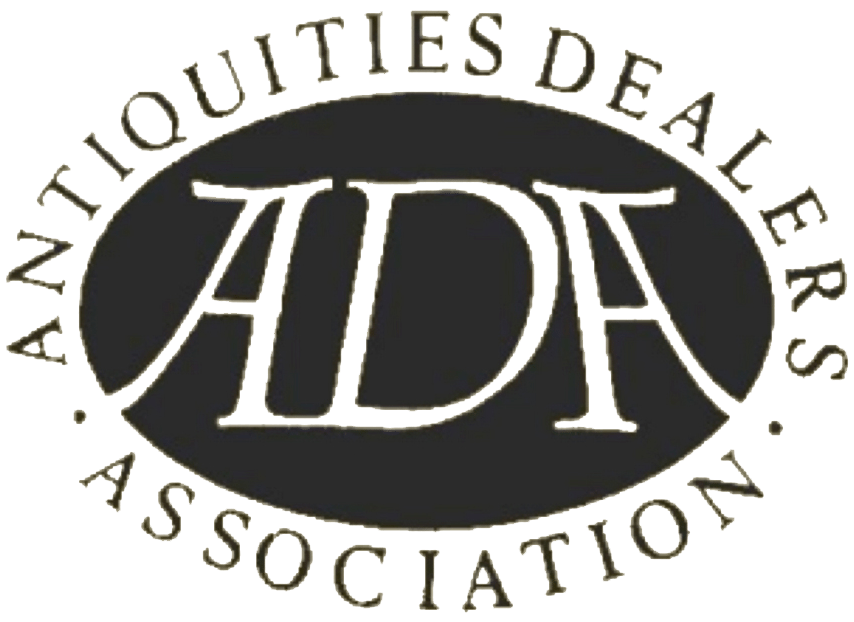
by ADA | Jun 27, 2024 | News
On June 25, The Chalke Valley History Festival played host to a BBC seminar on the thefts from the British Museum. BBC Culture Editor Katies Razzall and her team of investigators shared a platform with whistleblower Dr Ittai Gradel in front of a packed audience as they told the tale of how the thefts came to light and Dr Gradel’s pivotal role in exposing them.
The audience listened spellbound as, accompanied by slides and excerpts from the current BBC documentary series on the issue, the panel unfolded the course of events over a 15-year period.
Dr Gradel started by explaining his background and interest, and the nature of the gems involved, detailing their historical importance and variety, before setting out how his suspicions first arose about the eBay seller from whom he had been acquiring items since 2015.
The turning point came when he spotted direct evidence in the form of flaws in one gem that matched those in the records of the British Museum collection. The thief had largely sold off items that had gone unrecorded but slipped up after years of getting away with it, he added.
The BBC team of investigators told how they had tracked buyers down to the United States and Germany, where one journalist, Darin Graham, found what was arguably the most important missing gem in a public exhibition.
The audience treated Dr Gradel as a hero, especially after learning about the difficulties he had faced trying to get the British Museum management to take his alerts seriously. They were equally clear about how important they considered the museum to be as a British institution.
The BBC has now released a podcast series, Shadow World, currently a series of ten episodes covering the scandal and how it unfolded. It is freely available to listeners.

by ADA | Jun 14, 2024 | News
Leading art market lawyer says new regulation will risk isolating the EU culturally
British trade associations concerned about impending EU legislation that will affect UK exports will brief dealers on the changes at a seminar in London on June 28.
Titled The increasing difficulty in the international movement of ancient coins and objects, the afternoon session is organised by law firm Devonshires, who will host the event at their London offices and online on behalf of the British Numismatic Trade Association and the Antiquities Dealers’ Association.
The session will focus on how to comply with the news EU import licensing regulation (2019/880), which comes fully into force on June 28, 2025, and affects art and objects created and originally discovered outside the EU.
Provenance, due diligence and paperwork are at the heart of concerns as the trade associations argue that the regulation will make it all but impossible to meet its demands.
Of particular concern is the manner in which the regulation reverses the burden of proof for importers to the EU. Instead of the authorities having to show that imported items have been stolen or illegally moved, it will be up to the importers to show that they haven’t.
Martin Wilson, co-chair of the newly formed Art Lawyers’ Association, summed up the challenges in an article published on June 13 titled The New EU Cultural Goods Import Law – Politics over Pragmatism?
Wilson, who is also Chief Legal Officer at Phillips Auctioneers and author of Art Law and the Business of Art, argues that the law is unlikely to prevent the trafficking of cultural property, one of its chief aims: “…the best-case scenario is that trafficking activities will simply be diverted to elsewhere in the world by this law, not stopped,” he writes. Worse, while the legitimate market will face the burden of compliance, traffickers will simply ignore the law, he believes.
“There is a risk that the more difficult it is to import an object legitimately the greater the incentive to resort to smuggling and the greater the rewards for doing so. If that happens trafficking activities will be neither stopped nor diverted – and may even increase,” Wilson warns.
It is also apparent that the EU authorities have significantly underestimated the challenge of establishing an effective electronic registration system for imports – “a mammoth task”, says Wilson – while customs officials are unlikely to have the relevant experience or expertise to deal with applications. The expected clampdown likely to result from this means will mean significant delays, inconsistency in rulings and unjustified refusals, he says.
Wilson concludes: “This complexity and delay – as well as the likely inconsistency of decisions – will likely be a strong disincentive to import art of any kind or origin into the EU. This will lead to fewer imports into the EU of art and fewer EU buyers of art in countries outside the EU. By making it harder to import cultural property, the EU will then risk becoming culturally isolated.”
This is the context in which the June 28 seminar will be conducted.It runs from 3pm to 5.30pm BST, with networking drinks to follow. Those interested in attending in person or remotely can find all the details here.



Recent Comments